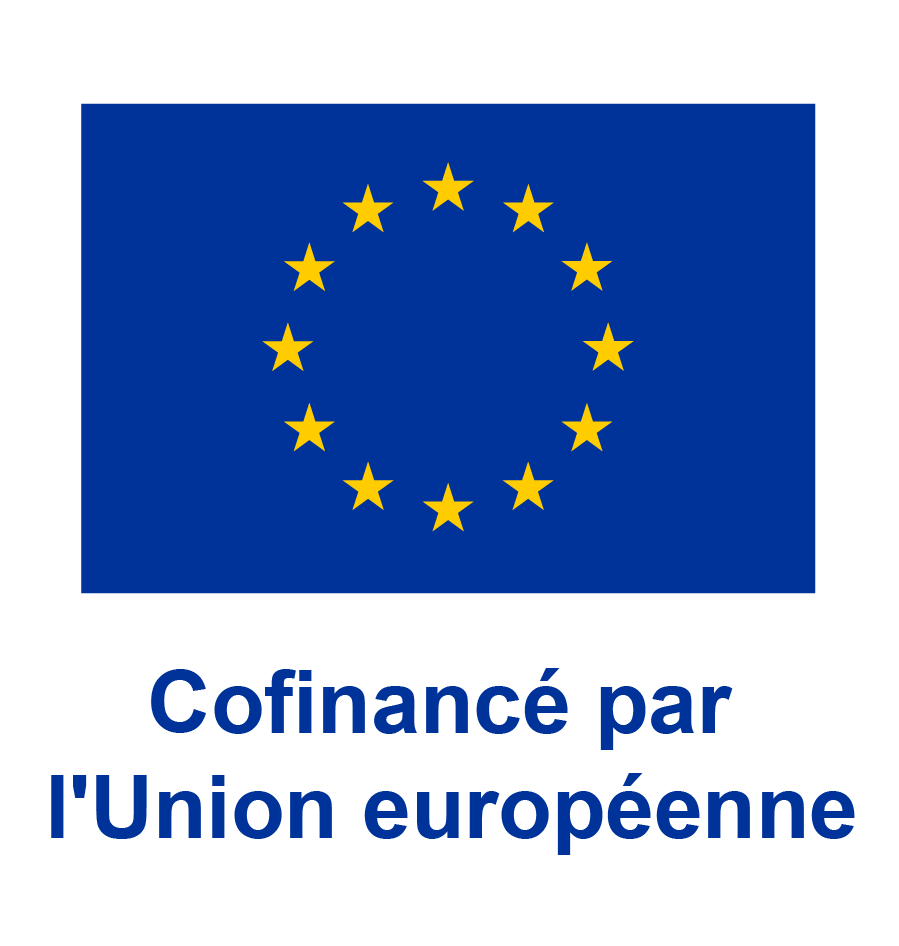Investing Responsibly: A Financial Puzzle
The financial sector has gone through tough times recently, after it became clear that banks had been taking irresponsible financial risks. This has not only had far-reaching negative consequences for the banks themselves, but also for the global economy and, therefore, for millions of people in both developed and developing countries. In addition to financial risks, banks are also faced with the environmental, socioeconomic and political risks of their business operations, and for many years stakeholders have been trying to draw attention to this. Corporate Social Responsibility (CSR) is now well recognised in the financial sector in most European countries, with wide-ranging CSR reports and sustainable investment products becoming commonplace. Research by SOMO into the scope of the CSR policies of a selection of European banks reveals, however, that these policies have serious limitations. In particular, the CSR policies of large banks generally only apply to a very small part of the banks' activities. Transparency regarding the policies applied is often lacking as well: While consumers can choose sustainable investment products at any bank, it is often difficult to determine the extent to which banks apply their CSR policy to their mainstream investment portfolio. This paper aims to contribute to a public debate about a more consistent and transparent application of CSR policies in the financial sector, especially with regard to asset management.


